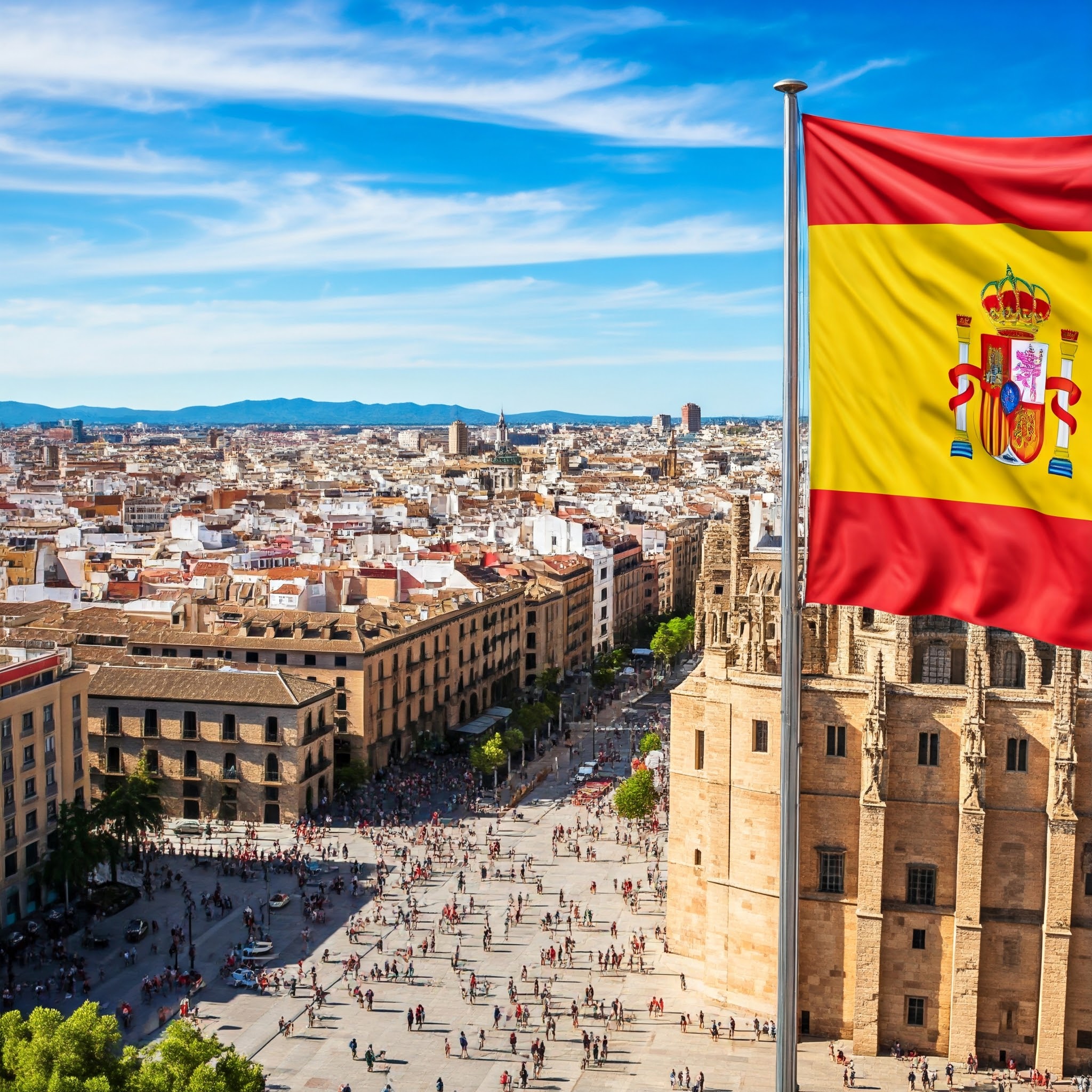Fueled by growing protests from residents in tourist hotspots like Mallorca, Barcelona, and the Canary Islands, Spain is taking decisive action to address the negative impacts of overtourism. Locals have expressed growing concerns over escalating rents, housing scarcity, environmental damage, and the erosion of cultural identity caused by the surge of short-term rentals and mass tourism.
Key Measures Implemented
- Malaga’s New Regulations:
As of January 14, 2025, Malaga will ban the registration of new short-term holiday rentals for three years in 43 districts where these rentals exceed 8% of housing. Starting February 22, 2025, licenses for tourist apartments without separate entrances will also be revoked. - Barcelona’s Stringent Approach:
Barcelona, a longtime advocate of strict tourist regulations, halted the issuance of new tourist flat licenses in 2014. It now plans to eliminate all tourist flat licenses by 2028, aiming to combat the displacement of local residents and the skyrocketing cost of living. - Nationwide Trends:
Similar restrictions have already been implemented in Alicante and Madrid, with other cities like Seville expected to follow suit. Seville has set a cap on tourist apartments, limiting them to 10% of homes in each neighborhood to preserve community integrity. - Proposals to Restrict Property Purchases:
To curb housing shortages, Prime Minister Pedro Sánchez has proposed barring non-residents, such as Britons and other non-EU citizens, from purchasing homes in Spain unless they live in the country.
Reasons Behind These Measures
- Housing Affordability Crisis:
Short-term rentals have significantly driven up housing prices, making it difficult for locals to secure affordable homes. - Environmental Concerns:
Popular tourist destinations are struggling with the strain on natural resources, waste management, and increased pollution. - Cultural Erosion:
The dominance of tourist-focused establishments has led to the loss of authentic cultural experiences for locals and visitors alike. - Resident Protests:
Overtourism has sparked widespread protests, with residents demanding a balance between tourism and local life.
Impact on Tourists
While these measures don’t equate to a complete ban on tourism, they will influence the visitor experience:
- Accommodation Challenges:
Tourists may find it harder to secure short-term rentals in popular areas due to licensing restrictions and the phasing out of tourist flats. - Higher Costs:
Reduced supply could lead to increased accommodation prices in tourist hotspots. - Adherence to Local Rules:
Visitors will need to be mindful of new regulations, such as staying in registered accommodations and respecting local guidelines.
The Bigger Picture
These steps represent a broader movement across Spain to strike a balance between maintaining its position as a global tourist destination and addressing the needs of its residents. While Spain continues to welcome visitors, the focus is shifting toward sustainable tourism that ensures long-term benefits for both locals and tourists.
By implementing these regulations, Spain aims to preserve its cultural heritage, safeguard local communities, and create a more sustainable tourism model for the future.


Pretty! This has been a really wonderful post. Many thanks for providing these details.
This is my first time pay a quick visit at here and i am really happy to read everthing at one place
I can’t wait to share this with others.
I can’t wait to share this with others.
This helped me a lot, thank you.
Thanks for making it so relatable.
Very practical and actionable tips.
I learned something new today.
Great information shared.. really enjoyed reading this post thank you author for sharing this post .. appreciated
This deserves more attention.
Your article helped me a lot, is there any more related content? Thanks!